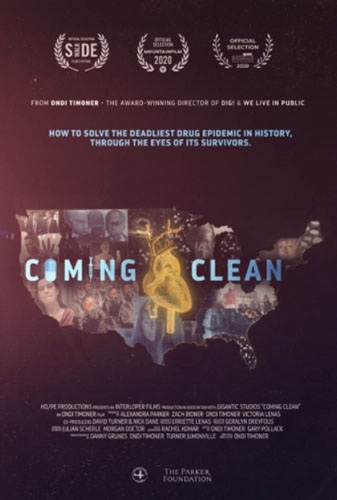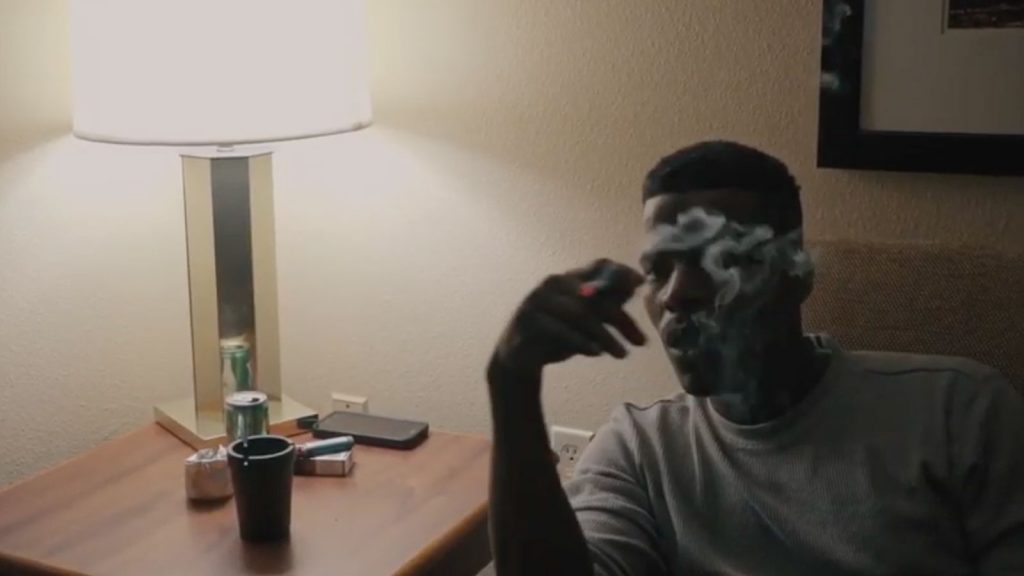
Director David Veloz and actor Ben Stiller made the best film about addiction in 1998, called Permanent Midnight. In a striking scene, Stiller’s character is indignant at the behavior of a drug clinic worker when he goes by to pick up methadone. When he calls the man out, the reply is world-weary cynicism. He’s told that most addicts either die or relapse in a death spiral cycle. Only occasionally does someone break those chains for any period of time. It’s hard to stay engaged against those odds.
That said, there are two items in Coming Clean that need to be addressed immediately. The first is the nearly ubiquitous availability of opioids like Oxycontin, Oxycodone, and that family of drugs, primarily coming from Purdue Pharma, Johnson & Johnson, SpecGX, Par, and Activis, to name the top (but not the full list of) offenders. That fire hose of addictive opioid drugs needs to be turned down to accommodate only those patients who legitimately need them for pain management.

“One of the most interesting points in the documentary is a discussion around emerging thinking about the nature of addiction.”
The other great evil brought to light in the film that must be managed is the IMS drug database (owned by a company called IQVIA). This marketing database collects data on prescriptions and sales of opioids. It needs to be as heavily regulated as credit data is (because of the Fair Credit Reporting Act) with oversight on data collection and regulations that stop it from being used to market drugs. The database would be invaluable for treatment studies but instead is used to market opioids in a predatory fashion with no concern for anything but higher volumes of distribution and sales. The argument is made that human suffering has become a for-profit industry, with plenty of supporting evidence.
One of the most interesting points in the documentary is a discussion around emergent thinking about the nature of addiction. Recent research suggests that the threat of addiction is greatest for people who feel disconnected from others. Those who are experiencing loneliness, separation, and lack of purpose are at the greatest risk. In our current socially-distanced state to fight off the Coronavirus pandemic, addictions are rising at an alarming rate.
The filmmakers outline their cause on their website: We made Coming Clean for anyone that wants to do better by our friends, neighbors, loved ones, and the nation as a whole. To date, the death toll from the opioid crisis has surpassed that of the Vietnam War, with over 72,000 people dying from overdoses every year – and these numbers are on the rise. The COVID-19 pandemic is driving opioid-related deaths up in almost every U.S. state, and we must act now.
Coming Clean is an indictment of capitalism run rampant, and, once again, profit taking precedence over human life. Hats off to the frontline warriors taking on this cause.

"…an indictment of capitalism run rampant...profit taking precedence over human life."



As I suggested elsewhere on this site, there’s nothing remotely “comprehensive” about a film that ignores how opioids even 20 years ago were almost impossible to get even when needed for severe pain. The problem wasn’t ordinary doctors overprescribing–it was almost exclusively pill mills.
.
Meanwhile, several million Americans who desperately need the pain relief only opioids bring, are made to suffer thanks to this latest arm of the War on Drugs and its accompanying civilian branch, opioid hysteria, that lumps those sufferers in with addicts and denies them desperately needed relief. It is often the elderly who are made to suffer by this denial after a lifetime of manual labor, and who are driven to suicide as a result. In addition, the war on opioid users is now the substitute in police budgets for money lost due to legalizing marijuana, and we see this reflected in directed death verdicts, where even the smallest trace of opioids in a decedent’s system is lumped in with fatal heroin overdoses under the heading of “opioid-related death,” in order to keep the scary numbers high–and with those numbers the law enforcement budgets “necessary” to combating them.
.
It’s one thing to deservedly detest pill mills, but another thing entirely to believe pill mills have anything to do with essential pain relief for millions who suffer chronic and debilitating pain, disability, and disease, that can only be successfully treated with opioid pain relief. The idea that the “opioid epidemic” has anything to do with diverting a few of grandma’s pain pills is a cruel obscenity causing endless suffering.